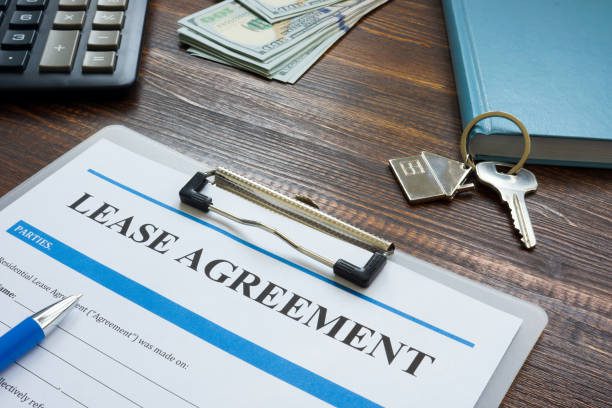Are you in the middle of reviewing several offers on your home? Congratulations! You’re well on your way to getting as much as possible out of what is likely your largest asset. But when it comes to picking an offer, sometimes it’s important to take a step back and recognize that your bottom line shouldn’t be your only consideration. Our team at Corken + Company likes to keep our clients informed on every aspect of the buying and selling of their homes. Here are four things to consider when looking at a home offer that are beyond the dollar amount.
1. Research your preferred financing method:
As a seller, you probably have an offer amount in mind that you would like a buyer to meet or exceed. But remember, a buyer needs to prove that he can afford to make the purchase—no matter what numbers are thrown around in an offer.
If a potential buyer makes a cash offer, it’s important to ask for proof of funds before accepting it. This proof will usually come in the form of a bank or investment account statement. Each should show that the buyer has the funds necessary to complete the transaction.
Need to sell your home in a hurry? Then you may prefer an all-cash offer. This type of offer usually involves less risk and a shorter escrow period as cash eliminates waiting for a buyer’s full mortgage approval.
2. Look for a larger earnest money deposit:
Next, you may want to pick an offer with a sizable earnest money deposit, also known as a good-faith deposit. This is a sum of money that a buyer entrusts to the seller’s brokerage firm to prove that they are serious about purchasing the home.
The buyer’s earnest money deposit goes toward the down payment if they eventually close on the home. On the other hand, if the buyer breaks the contract and walks away from buying the home, you can potentially keep the deposit as a consolation.
3. Consider fewer contingencies:
In real estate, contingencies are benchmarks buyers set that need to be met in order for the transaction to move forward. For example, many buyers will want to include an inspection contingency in the purchase contract. This means the buyer will need time to have your home inspected. If any issues are found in the inspection, a buyer might ask you to make repairs before they will close on the home.
With an appraisal contingency, a satisfactory appraisal of your property must be conducted. If the appraisal doesn’t match the agreed-upon price of the home, you and the buyer will have to reach a new number before settlement.
The caveat here is that anytime a contingency can’t be satisfied, the buyer has a chance to walk away from the purchase with his earnest money deposit in hand.
From a seller’s point of view, the fewer chances the buyer has to exit the transaction, the better. It’s a good idea for you to select an offer that has the fewest contingencies from the start.
4. Opt for an ideal closing timeline:
Finally, consider your optimal timeline for heading to the settlement table. Moving out is a lot of work, especially if you’ve lived in the home you’re selling for a while. You’re going to want to choose an offer with a closing date that suits your needs.
Find more factors to consider when looking at a home offer at: https://www.realtor.com/advice/sell/what-home-sellers-should-look-for-in-an-offer/





